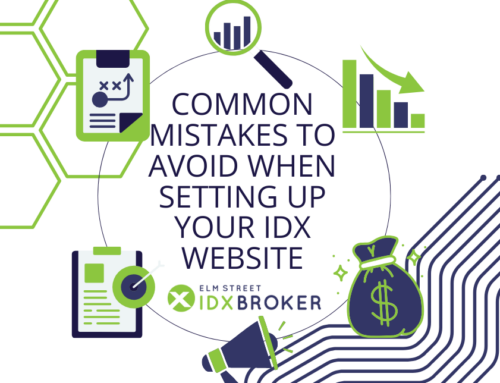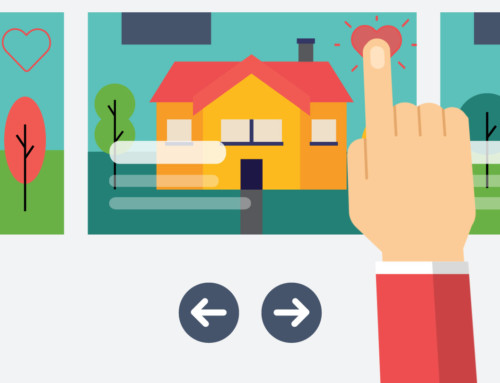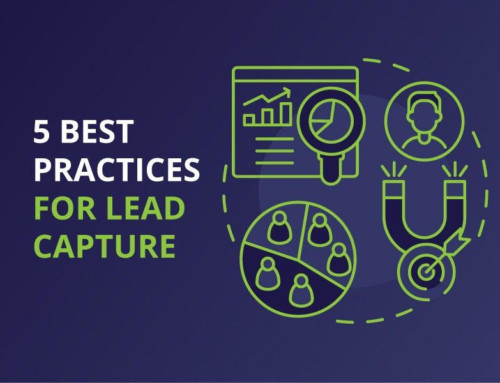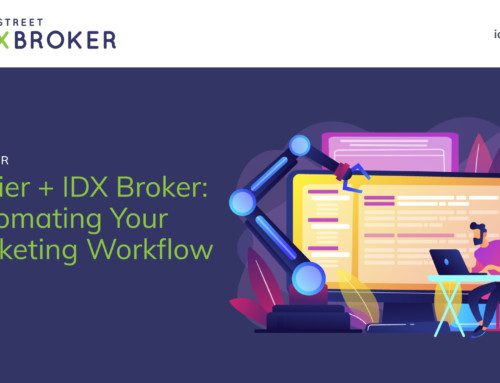Search Engine Optimization (SEO) is the process of optimizing your website for search engine robots. The higher your site appears (ranking) in search engine results pages (SERP), the more traffic you’re likely to get. This is commonly called “organic” traffic.
Keep in mind, when it comes to SEO there are no guarantees! What SEO really means is that your site is optimized for the two types of visitors it receives – humans and robots. Humans may find your site as the result of a search. Robots, however, crawl and index (make a record for the search engine) your site, then place you in the results page.
If you are brand new to SEO, here are a few quick tips to get you started.
Keyword(s) Research
While doing keyword research can seem daunting, it really isn’t too tough! Just think about the words and phrases people may use to search for your site, and use those words. Here’s the catch – it has to be natural. Keyword stuffing or repetitive use of the same words may actually hurt your results. If you have Google Analytics setup for your site, look into the keyword reports to see the exact phrases people are using to find you. Than, create content to enhance and expand that list of keywords and phrases.
Links
Linking to content within your site (internal), and linking to content on other people’s sites (external), both help boost your ranking on the SERP, or search engine results page. When you write a blog post for your site, add internal and external links, as appropriate. Visit sites that are pertinent to your industry, and leave useful comments on their posts, making sure to link back to you. Guest posting on blogs is another great way generate content and get links pointing back to your site at the same time. This is called link building.
Content
Developing and posting unique and informative content is, by far, the single best thing you can add to your site. Write content that is useful to your readers first and foremost and think about the search engines second. What would you audience find useful? Write that. Search engines value new content, content that is well written, and is relevant. Include your keywords but use them organically.
Image descriptions
Robots crawling your site cannot tell what your images are unless you label them. Make sure you add ALT tags (also known as alternate content/text) for the robots. This text is read by the browser. Universal accessibility is another great reason to use ALT tags. and also helps people with vision impairment or other disabilities use your site.
Site map
Make a simple site map that lists (and links to) all the major pages on your site. This makes it easier for robots to crawl your site. There are lots of great tools out there that can help you do this such as Slickplan or Writemaps.
Title tags
Title tags are the title of your web page that will appear in blue on the search results page. What the title is can greatly influence whether or not your link is clicked.
Meta Descriptions
While meta descriptions don’t exactly influence your SEO ranking they do help with click through. Meta descriptions is the text that appears under your link in the search results. It is 154 characters and is a great place to include a call to action and company description.
URL
Make your URLs descriptive. Rather than having it be domain.com/index.php?id=1 make it domain.com/page-name or description. The clearer the better.
Header Tags
Headings- H tags are easy to set. It is simply a way of organizing your pages and letting the robots know what the essential information in. The title of the page should be H1 and place your main keyword there. You only get one H1 tag but can use the rest multiple times. As you write your content, use H2 for your title and H3 for sub headings. Bonus side of this it make your content more readable, too.
This is a basic overview – just a few suggestions to get you started. For details on how SEO works within IDX broker see this short webinar.
https://youtube.com/watch?v=YgQJrE0RdZo%3Frel%3D0
Look for other great resources out there like Moz.com or google’s SEO starter guide. If you have a large site, consider hiring a professional company to do the heavy lifting for you.





